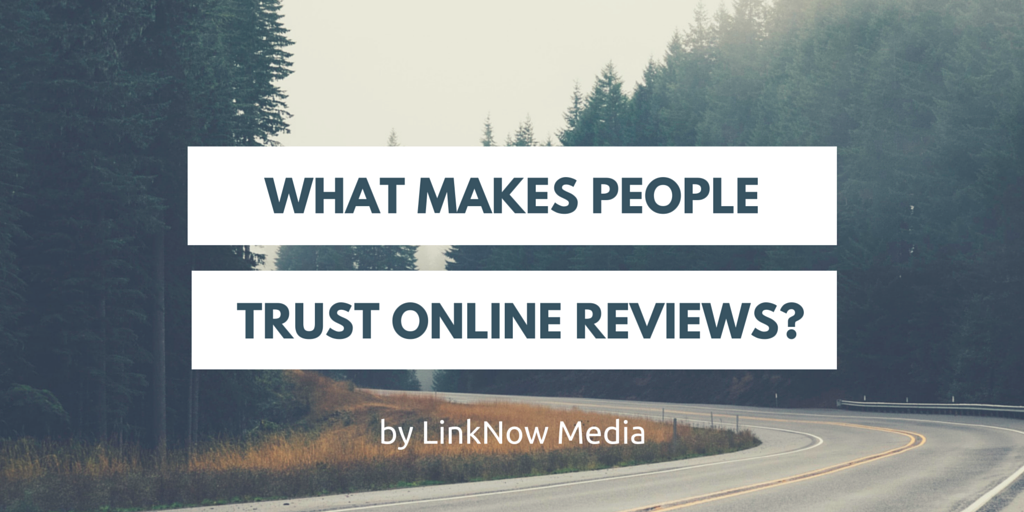yelp  Facebook is a great platform for enhancing your brand image, sharing ongoing promotions, and building meaningful relationships. If you manage your company’s Facebook page and post regularly, you are likely already doing these things. However, can you be doing more? If you have a Yelp profile, you should consider sharing your customer’s positive reviews with your Facebook friends. This is one area that many businesses shy away from because it involves tooting your own horn, but you shouldn’t be afraid to share what others are saying about you, especially words of praise.
Facebook is a great platform for enhancing your brand image, sharing ongoing promotions, and building meaningful relationships. If you manage your company’s Facebook page and post regularly, you are likely already doing these things. However, can you be doing more? If you have a Yelp profile, you should consider sharing your customer’s positive reviews with your Facebook friends. This is one area that many businesses shy away from because it involves tooting your own horn, but you shouldn’t be afraid to share what others are saying about you, especially words of praise.
If you don’t like the idea of boasting your achievements, here are three reasons that might change your mind:
Your customers will love it!
Yelpers take writing reviews very seriously. They see it their duty to help others by sharing their experience with your company, regardless of if it was positive or negative. So, what’s in it for them? Besides perks, like free food at restaurants, Yelpers don’t really get paid. Putting a Yelp reviewer in the spotlight is like giving them a virtual slap on the back. They will love the limelight, and this exposure has the potential to opens doors of opportunity.
It’s free and easy advisement!
Word of mouth is still the best form of advertisement, and it won’t cost you a cent! Plus, Yelp makes sharing reviews via Facebook as easy as clicking a few buttons. All you need to do is log in to your business account, go to “Account Settings”, click “Change Settings” in “External Services,” then click “Connect to Facebook.” From there, all you need to do is log in to your Facebook account and click the “Allow” button. Now, all of your Yelp reviews will post to your Facebook wall. That means negative reviews, too. This something that every business will have to deal with at one point or another, even businesses with high ratings. Look at it as an opportunity to show your customers that you will go the extra mile to find a solution and fix a problem.
Others will follow suit!
Sometimes all it takes is one happy customer for positive reviews to spread like wildfire. A positive review can encourage a Facebook friend to comment or head to Yelp to share a similar experience. Sharing your Yelp reviews on Facebook grants you access to an audience you couldn’t reach on Yelp alone. Keep in mind, if you don’t want to automatically share reviews, you can always copy and paste the review as a status.
Closing
While Yelp may be more popular for those in the food and beverage industry, any business of any size can benefit from creating a Yelp profile. Once created, your customers can easily find your business location, post reviews and photos, and rate your business! Let them do most of the legwork. You work hard enough!




